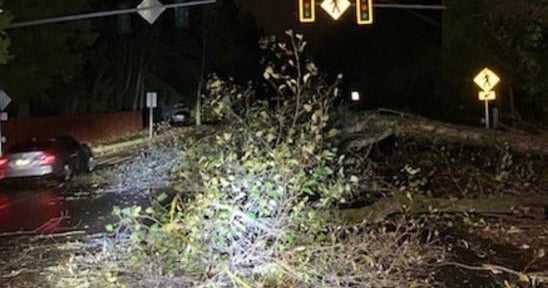CBS News' David Begnaud on the crisis in Puerto Rico
CBS News correspondent David Begnaud just returned from Puerto Rico, where he spent more than two weeks reporting. He was there before Hurricane Maria hit, and his reporting after the storm prompted action.
Begnaud spoke with Anthony Mason on the "CBS Evening News" Thursday about the situation on the ground.
ANTHONY MASON: San Juan's Mayor Carmen Yulín Cruz was the fiercest critic of why aid was so slow to arrive in Puerto Rico. You spoke with her almost two weeks ago.
So bring us up to date. Do people have power yet?
DAVID BEGNAUD: Most don't. 91 percent of the island is without power. In fact Anthony, last night in Umacoa one of the hospitals, the power grid went down, so they had to evacuate patients to the floating hospital, the U.S. Naval Ship Comfort. Today I was told they're now assessing all the hospitals to make sure the power grids are up to date, and they're pre-planning for possible evacuation of other hospitals if needed.
MASON: What about the interior of the country?
BEGNAUD: It's worse. Much worse. In fact, that's where you've got people who are drinking water and bathing with stream water, OK? And the governor's office is telling us they've identified isolated areas with special needs. And so what they're doing is they're actually sending fuel trucks into each of those cities and positioning a fuel truck there. But so many people have asked, what's taken 15 days to do that?
MASON: How much longer, David, do you think before there's real relief?
BEGNAUD: The governor has said some people could be without power for up to a year. And still tonight you have people saying we need more food and more water.
MASON: David Begnaud, thanks for being with us.




